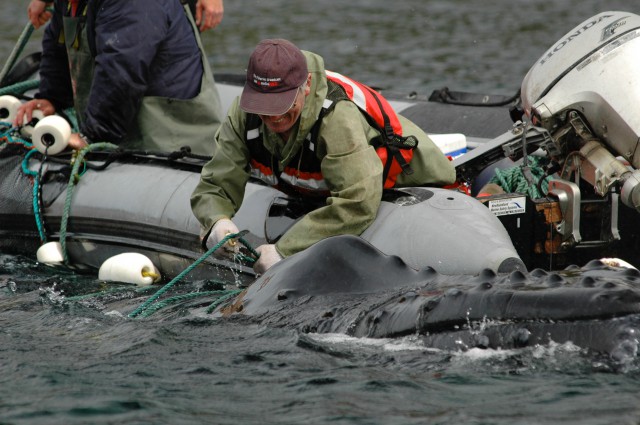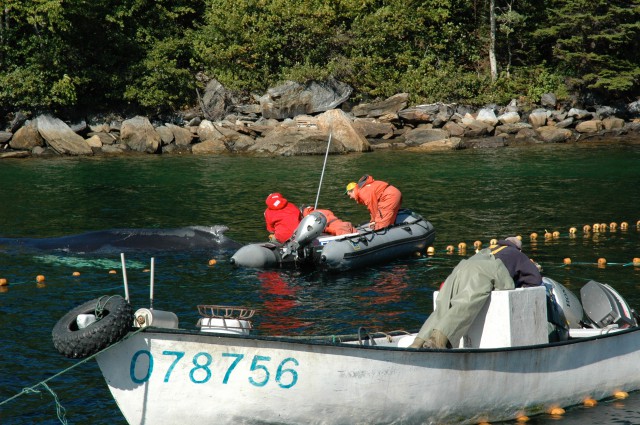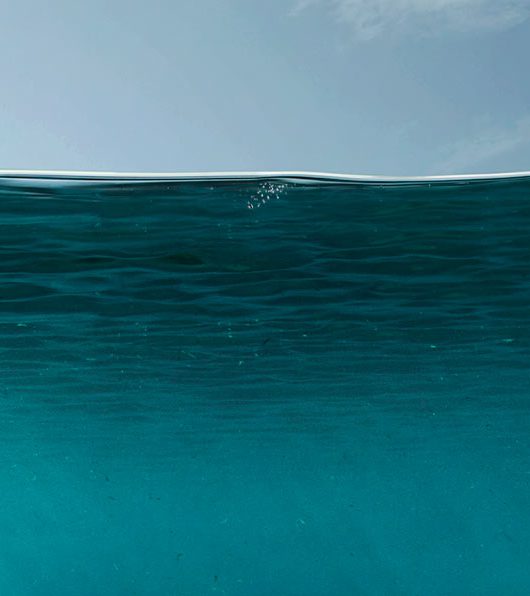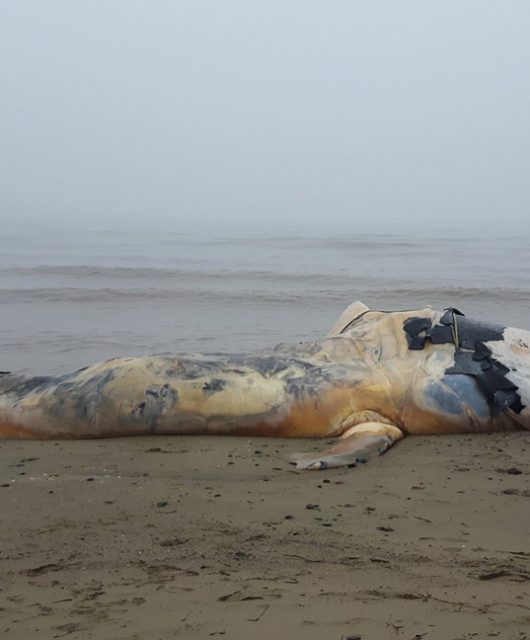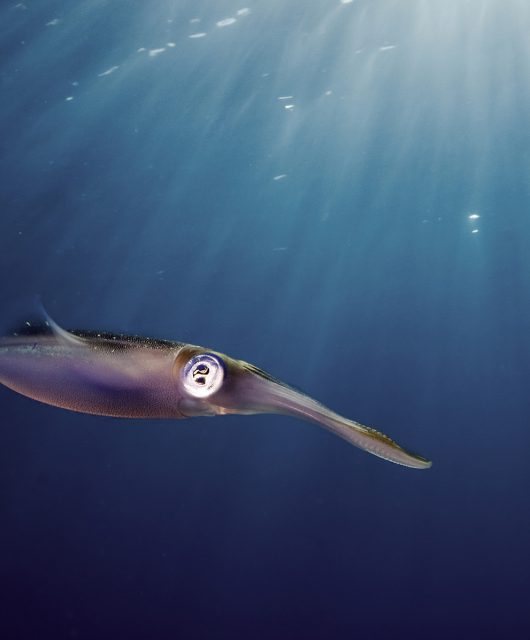Summer is the time of year Canadians spend more times outdoors and especially on our oceans. It is also the time of year when many marine wildlife also return to our oceans; whales, dolphins, porpoises, seals, sea lions, sea turtles and sharks. So it’s no surprise that you may have already heard of emergencies with marine animals in your area. The Canadian Marine Animal Response Alliance (CMARA) is tracking the efforts of the regional networks that respond to these emergencies, and this is a quick update of what’s been happening already this season.
On the west coast, the British Columbia Marine Mammal Response Network successfully disentangled three humpback whales from fishing gear, and responded to several dead animals; two humpbacks, three sea otters, and a fin whale. Necropsies (a term used for an animal autopsy) were done on several of these.
And the east coast has been equally eventful!
In Newfoundland and Labrador, four entangled humpback whales have already been reported to the Whale Release and Strandings Group. Fortunately, two were disentangled and two broke themselves loose from the gear, but these whales have not yet been re-sighted.
Réseau québécois d’urgences pour les mammifères marins, the network in Quebec, reported an endangered North Atlantic Right Whale dead at sea that was towed ashore to perform a necropsy, which revealed she was in good condition, and a cause of death could not be determined. Currently, the Quebec network is studying a dead beluga that turned out to be a hermaphrodite. This has only been seen in five other whales in the world, and two of these were also belugas from the St. Lawrence Estuary population.
Meanwhile, the Maritime Marine Animal Response Network has also been busy. In Nova Scotia, a vagrant social solitary beluga was all the talk of town as it made its way along the coast. The Maritime team took a skin sample to determine if it was a member of the endangered St Lawrence Estuary population. Earlier this season, the Maritime network responded to a dead minke whale that had washed ashore in Nova Scotia; the network preformed a necropsy, finding the pregnant whale in good health with the exception of rope burns on her tail fluke.
As well, pupping season for seals, across the east and west coasts, always keep our regional response teams busy and on-the-scene!
If you witness a distressed or dead marine animal this summer, make sure to report it to your local regional response network! Check out more CMARA tips and contact information here. Well-documented emergencies can help lead to better conservation knowledge and actions! Together, our behavior will play a critical role in the survival of our Canadian wildlife heritage and marine animals.
Update: an endangered North Atlantic Right Whale was found in a fishing net off Cape Breton and was released unharmed by fishermen in less than an hour of discovering it there! Their quick response was essential to the wellbeing of this animal and is a victory for the local community!
[Images of NL group rescuing humpback whales thanks to Whale Release and Strandings Group from Newfoundland and Labrador]

